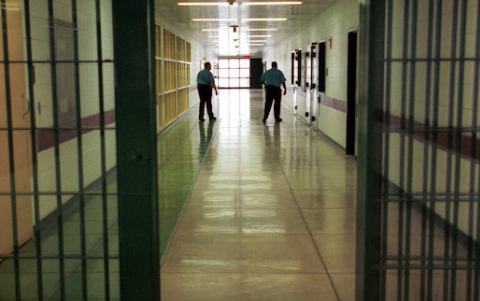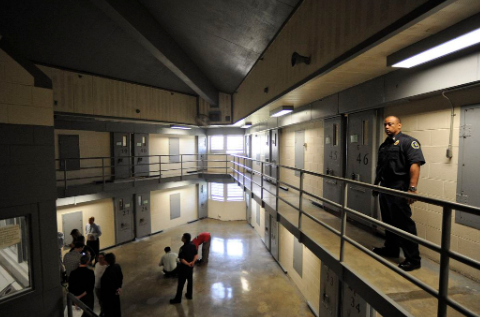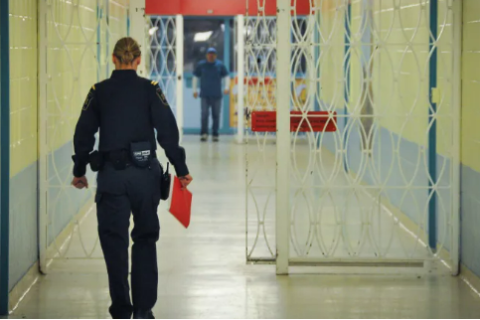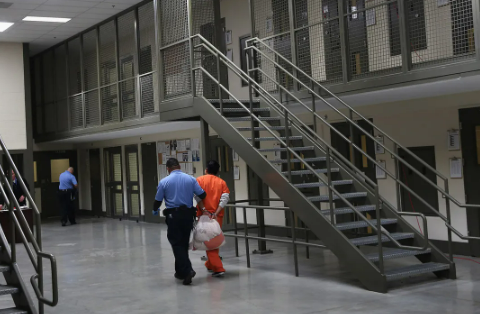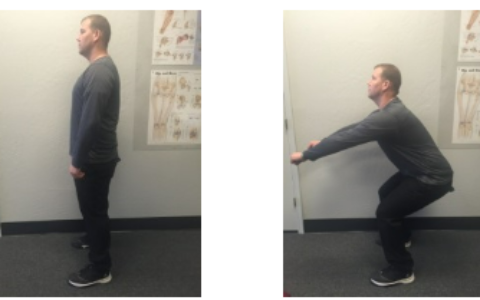One of the jobs available in the Department of Correction is a Correctional Officer. Correctional Officers actually play a critical role in the legal system where they are responsible to supervise those who have been arrested or are awaiting trial.
It is known that Correctional Officers do several important tasks, including looking for individuals for contraband, enforcing rules and regulations, writing reports of inmate conduct and maintaining order within a facility. If you’re looking for information about it, let’s dive into our post below!
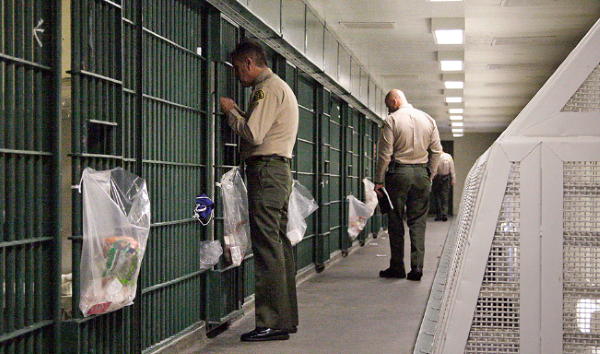
What Are the Tasks of a Correctional Officer?
Correctional officers can be mentioned as law enforcement professionals which work inside prisons, jails and penitentiaries. Their responsibilities actually include enforcing rules and monitoring the activities of inmates in a correctional facility. In other words, they play as an individual of authority in jails, penitentiaries and prisons.
The correctional officers are also responsible to maintain the security of the jail or prison itself, along with the safety and health of the inmates within it. In this case, the correctional officers ensure there is order and peace in the jail, help or are integral in the rehabilitation of prisoners and stop any fights or violent confrontations.
Here are what a Correctional Officer does:
- Enforce Rules
The rule enforcement is one of the main tasks of a Correctional Officer that enforces rules and regulations by communicating clearly, ensuring that the rules are known, dispensing punishments and keeping a watchful eye when suitable.
Punishments given by a Correctional Officer for rule violations are commonly a loss of privileges and the punishments match the offense. It means that they do not give major punishment for a minor offense.
- Keep the peace
Moments of conflict in prison do happen. Well, this is a Correctional Officer’s job to defuse the tension. A Correctional Officer works to ensure a fight does not break out or, if one does occur, to break it and ensure the safety of everybody involved. So far, keeping the peace also includes preventing disturbances and escape attempts.
- Supervise activities of inmates
Since inmates should be constantly supervised, particularly when they are out of their cells during daily activities, the big part of a correctional officer’s tasks includes supervising inmate activities.
It means making sure that all inmates are following the rules and ensuring that they always know the whereabouts of all the inmates. In this case, correctional officers also control prisoners between the courtrooms and detention facilities, medical facilities or elsewhere outside of the facility.
- Conduct inspections
Checking facilities to ensure they meet the standards of the detention facility is another essential duty. Their inspections include ensuring that the prison cells and other areas are in good sanitary condition. Additionally, they search for any contraband, signs of a potential security breach and any other evidence which points to rule violation.
- Do searches
Searches are performed on the inmate’s person, along with their living quarters, to ensure they’re not holding any contraband, like weapons or drugs. To make sure that no contraband comes into the prison to begin with, the correctional officers screen visitors and any incoming mail.
- Rehabilitate and counsel
Another essential part of a correctional officer’s job is rehabilitation and counselling. This task does not get much media attention. Well, the correctional officers which have significant training or a college degree are often used to help in the rehabilitation and counselling of offenders.
Rehabilitation and counselling is an important piece of the job since it helps to prevent any return visits to the prison after the offenders are released. Aside from that, correctional officers probably schedule educational chances, counselling for those being rehabilitated and also work assignments.
- Report on inmate conduct
The correctional officers will be required to report it when any inmate violates a rule. The correctional officers will be required to write reports and fill out daily logs which describe the inmates’ behaviour along with anything else relevant which may have occurred.
In the case that a crime is committed or an inmate escapes, correctional officers will help law enforcement officers in their investigation and look for escapees.
- Facility safety
Making sure and facilitating safety is an extremely essential responsibility for correctional officers. Therefore, correctional officers are responsible to facilitate personal safety, inmate safety and team safety. Personal safety is ensuring they’re safe themselves.
All correctional officers go through rigorous training including how to use batons, firearms, pepper spray and hand-to-hand combat. In this case, team safety is ensuring that other correctional officers and prison personnel are always safe.
They will ensure that all other officers and personnel follow prison protocol. Last, inmate safety makes sure that all inmates are safe by ensuring they follow the rules, make sure to not carry any contraband and make sure to not harm themselves or other inmates.
What Does the Correctional Officer’s Workplace Look Like?
Depending on a variety of conditions, the Correctional Officer’s workplace will vary greatly. To start, the age of the prison can certainly factor into how good or bad the workplace conditions are.
There are a lot of older detention facilities, but the population boom in prison facilities has caused many new facilities to open. In this case, newer facilities frequently have fewer inmates, being temperature control that can more easily accommodate inmates. On the other hand, older facilities can be overcrowded, hot and poorly ventilated.
The correctional institution’s ownership will be able to affect the workplace as well, both government-operated and private detention facilities. The government-owned facilities will tend to have better funding and is a probably better environment to work in.
Additionally, the security level at the facility can affect the workplace greatly. Well, there are varying level of detention facilities including minimum, medium and maximum security. The maximum security prisons actually have a higher population of violent inmates. It means that there are more conflicts and the job that is commonly much more stressful.
Therefore, the minimum security prisons are commonly less stressful and are probably considered easier to work at, along with halfway houses and other lower-security facilities.

A bookworm and researcher especially related to law and citizenship education. I spend time every day in front of the internet and the campus library.

